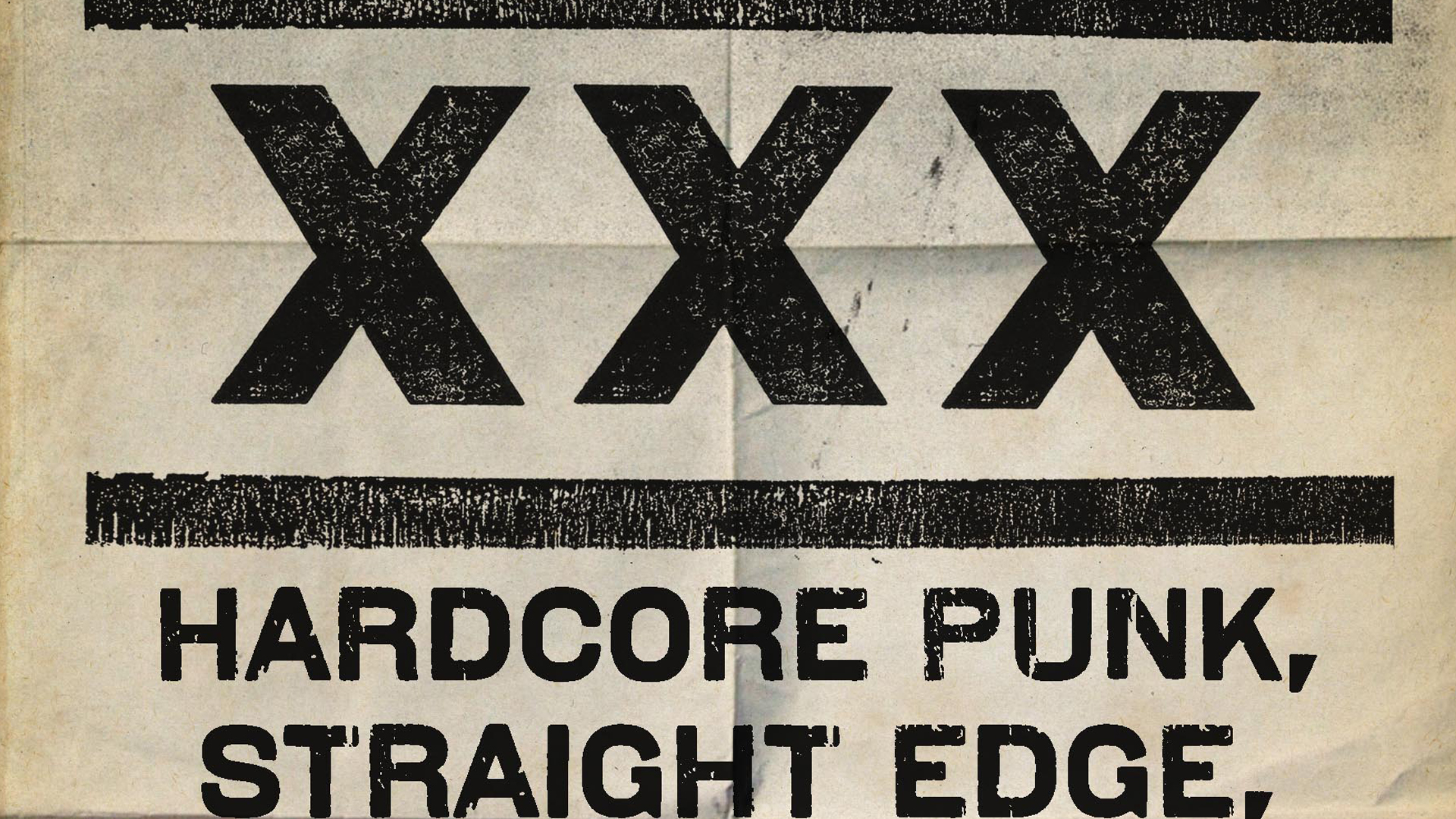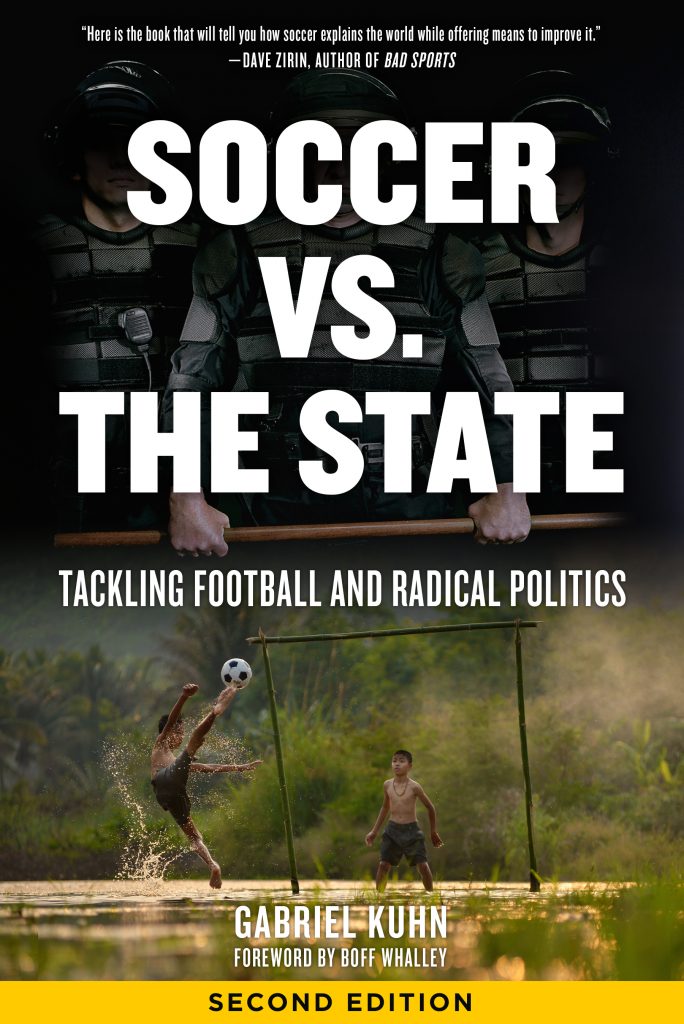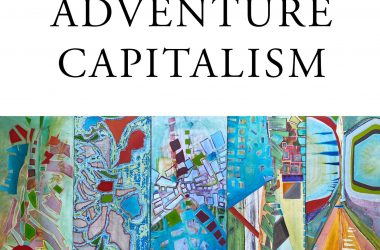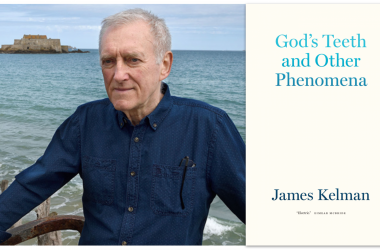By Jack Bell
NY Times
April 10th, 2011
The descent into chaos of last week’s African Champions League match in Cairo between Zamalek of Egypt of Tunisia’s Club Africain apparently will not delay the decisions by soccer authorities in both north African countries to resume league play on Wednesday.
Soccer, obviously, took on less meaning during the recent political upheavals in both countries. But the coincidences remain: Tunisia and Egypt were the first Arab nations to experience apparent political openings in the past few months; clubs from the two nations were bystanders as Zamalek’s fans stormed the field; and the decision to resume league play is a bid, in both countries, for a return to normalcy, such as it is. (Leagues in other Arab countries, Libya and Syria, for example, have also been suspended.)
In Egypt, and in Tunisia to a lesser degree perhaps, soccer fans played a role in the antigoverment protests for change. In Egypt, especially, the ultra groups of the two Cairo rivals Zamalek (a club of the British colonists and upper classes) and Al Ahly (a club founded for Egyptians only) formed a tenuous and often uncomfortable alliance to help keep the peace during demonstrations in Tahrir Square, using their acumen with social media and smartphones to maintain communication, much as they do before, during and after matches.
“In the last few years the ultras phenomena has expanded to Egypt,” Gabriel Kuhn, the author of the recently published book, “Soccer vs. the State,” said in a recent telephone interview from Sweden. “Although I’m no expert on Middle Eastern soccer, it seems that the idea of the ultra groups from the two teams coming together in Cairo makes a bit of sense. They are urban, middle-class, Western-oriented and they are organized, which makes their social group a big part of the uprising. In a sense, it fits perfectly with the idea of ultras.”
In Egypt and some other countries, particularly the old Soviet bloc, soccer teams were controlled by various arms of the government, from the secret police (Dynamo Moscow) to railroad workers (Lokomotiv Moscow). In Egypt, the military still runs several club teams. It is a fact of life that Kuhn, a self-professed anarchist who recently found himself on the United States government’s no-fly list, says makes perfect sense.
Amr Abdallah Dalsh/Reuters A boy got in a bit of practice in February in front of army tanks at the Abdeen Palace Museum in Cairo.
“The similarities would be the Eastern bloc, and what we can observe in Egypt and in most countries with authoritarian regimes is that the government can have a big impact on all fields of life, a big influence in sports,” Kuhn said. “And the most popular sport in most countries is soccer. It’s a theme in the book as well, that football is politically contested. On one hand, it’s the people’s working-class sport with an aspect of being self-organized and managed. But it’s always been used as a tool for those in power for propaganda, strengthening their status.”
At the time of the uprising in Egypt, most Western news media reports mentioned in passing the seeming alliance between Zamalek and Al-Ahly ultras in the streets of Cairo. But before the protests, the notion of the fans of the two top teams in Cairo and Egypt sharing a cup of coffee, forget a street protest, seemed beyond comprehension. The Cairo derby, called one of the most violent in the world, is about nationalism, class and, before the uprising, a means to escape to another existence.
“What is interesting politically is that this kind of slips out of the hands of the rulers as people take over and turn the situation into something different that challenges the regime,” Kuhn said. “In that context, it’s also interesting that we’ve seen an uprising in Middle East, where governments have canceled matches because they don’t have control of big groups of people.
“In a lot of
countries football matches are events where biggest crowds gather and
can make a lot of things possible. Look at Spain during the Franco
dictatorship, where Catalan nationalism could be expressed at a football
game in Barcelona. The supporters come and create a dynamic all their
own.”
After the events in Cairo on April 2, Egyptian soccer
authorities were justifiably skittish about their plan to resume league
play in Egypt (Tunisia will also resume play on Wednesday). In Egypt, on
Wednesday, Al Ahly will play at El Shorta with the rest of the teams
playing on Thursday, including Zamalek hosting Haras El Hodood. And the
matches will go on, even as African authorities consider what penalties
to impose on Zamalek for the behavior of its fans.
“What happened in Egypt fits a pattern of what I describe in my book, and I would have included a bit about it if my book had come out two months later,” Kuhn said. “Because football is so popular as the people’s game it has drawn authoritarian interest. But for the people and their clubs, it is more an expression of class, in my view, and in that group there are all kinds of possibilities.”







